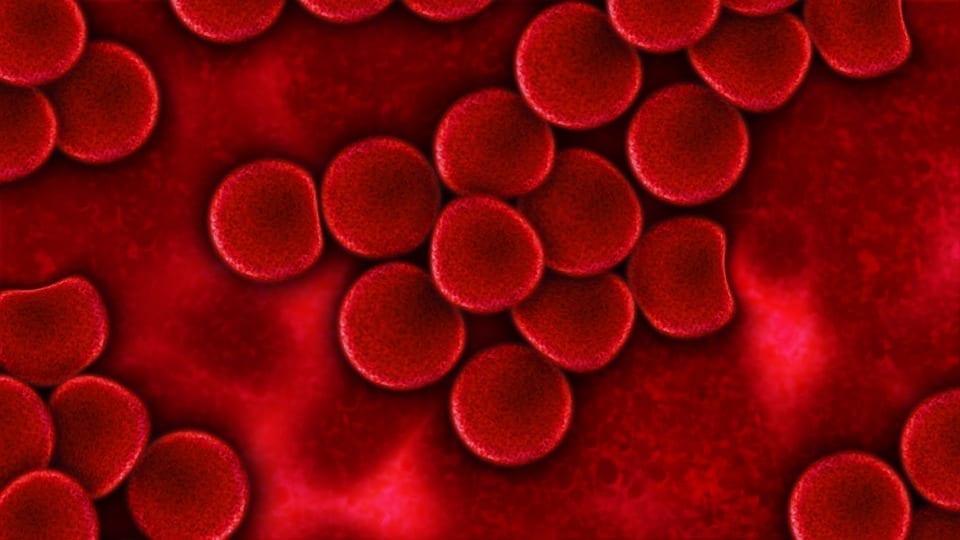As shared by MedScape, the U.S. FDA recently approved the first treatment for people living with congenital thrombotic thrombocytopenic purpura (TTP). Its name? Adzynma. In the past, people with TTP have treated with plasma therapy. Adzynma now offers a novel way to hopefully improve TTP-related outcomes.
So what is Adzynma? This enzyme replacement therapy (ERT) developed by Takeda can be used as prophylactic or on-demand treatment. It is the first recombinant protein product for adults or children with TTP. Due to ADAMTS13 gene mutations, people with TTP have low levels of the ADAMTS13 enzyme. Adzynma works by replacing the deficient enzyme.
The drug’s approval hinged on data from a Phase 3 clinical trial evaluating multiple plasma-based therapies, as well as Adzynma (administered intravenously), for 46 individuals living with congenital thrombotic thrombocytopenic purpura. Participants began on one treatment (plasma-based therapies OR Adzynma) for a six-month period before switching to the other for an additional six months. Findings highlight that:
- No participants taking Adzynma experienced an acute TTP experience.
- Compared to other therapies, Adzynma reduced the risk and rate of thrombocytopenia (low platelet count) by 60%.
- Adzynma was relatively safe and well-tolerated. Adverse reactions included nausea and vomiting, migraines or other headaches, abdominal discomfort and loose stools, dizziness, and respiratory tract infections.
- Although there were adverse reactions associated with Adzynma, the rate was lower than those taking other therapies.
About Thrombotic Thrombocytopenic Purpura (TTP)
Thrombotic thrombocytopenic purpura is a rare and serious blood disorder that causes blood clot formation in small blood vessels that results from low ADAMTS13 enzymes, which regulate blood clotting. TTP is characterized by low platelet levels (thrombocytopenia), abnormal red blood cell destruction (hemolytic anemia), and nervous system disturbances. This condition may be considered congenital/familial or acquired. Congenital/familial TTP appears in infancy or childhood and has more constant symptoms. Alternately, acquired TTP may appear in childhood or adulthood and include one or many episodes. TTP is more common in females than males.
Outside of the symptoms given above, other symptoms of TTP may include:
- Blood clots that can cause organ damage if blocking blood flow to major organs
- Fatigue
- Jaundice (yellowing of the skin, eyes, and mucous membranes)
- Extremely pale skin
- Shortness of breath
- Abnormally heavy bleeding
- Partial paralysis
- Purpura (red or purple rash-like areas or patches of skin discoloration)
- Speech abnormalities
- Proteinuria (excess protein in the urine)
- Hematuria (blood in the urine)
- Fever
- Abdominal pain
- Headache
- Mental changes such as confusion
- Acute renal failure
- Seizures
- Coma






